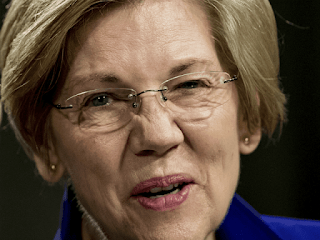Encourage one another and build one another up. Pray without ceasing. Test everything. Keep what is good. Avoid all evil. -1 Thess 5:11,17,21,22
Friday, January 24, 2020
Fake News Friday: Common African-American surnames
The typical African-American was confronted with a challenge in 1865/66. What to use for a surname.
The largest group of former slaves took the last name of their former owner. It was a matter of going with the flow. Instead of "Jonas who belongs to farmer William" he became Jonas William's or Jonas Williams. Typically, these names end in "s", that is, the possessive 's. Fifty-one of the two-hundred most common African-American surnames end in "s".
Another large group of former slaves took the name of the trade they were skilled at. Hence we have Glover and Smith and Miller. Typically, these names ended in "r". Twenty-five of the two-hundred most common African-American surnames end in "r".
A third large group of former slaves chose famous, American presidents like Washington and Jefferson. Since most slave holders were of British extraction, many of them had names that ended in "n", either due to "son" or "ton" reflecting family of origin or town of origin. Some former slaves decided to forego the possessive s. Forty-seven of the top two-hundred African-American surnames end in "n".
According to the site Mongabay, 23% of the people with the surname "Warren" identify as African-Americans. Look closely at the picture shown above: Does this person look more like the class of people who were slave owners or slaves?
According to the site Mongabay, 33% of the people with the surname "Sanders" identify as African-Americans. Look closely at the picture shown above: Does this person look more like the class of people who were slave owner or slaves?
The same site informs us that exactly zero African-Americans have the surname "Trump", "Gabbard", "Buttigeig", "Biden" or "Klobuchar" which suggests there is approximately a 0.0% chance that there were ever slave-holders with those last names.
Subscribe to:
Post Comments (Atom)


Oh, you naughty, naughty boy.
ReplyDeleteNaughty? I am just a faithful beagle following the data-bunnies wherever they lead.
Delete